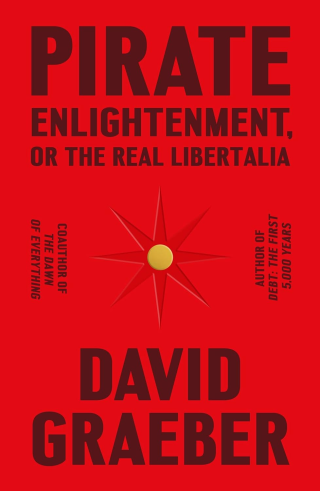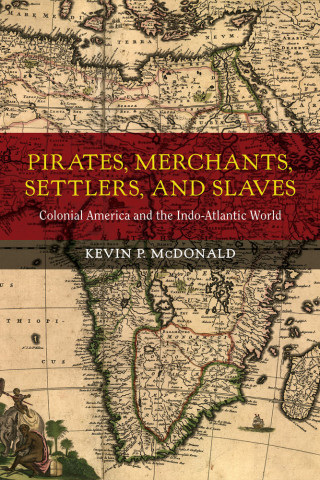The pirates we typically have in mind are specific ones: the English-speaking sea robbers who sailed from the mid-seventeenth century to the first few decades of the eighteenth. And what makes these maritime lawbreakers of long ago so fascinating that, three centuries later, we’re still dressing up like them? The easy answer is that they were rebels. We delight in their lusty, wild lives because we, too, want to live freely. Pirates are especially fascinating because they sailed at the dawn of our era, just as the British Empire was rising and the portcullis of modernity was descending. Viewed in a certain light, pirates—the scourge of admirals and merchants—were the last holdouts against a world dominated by states and corporations.
But were pirates implacable foes of the modern order? Power and piracy were not always clearly distinct, at least not in the early days of English capitalism. It’s worth asking whether the world that pirates mutinied against wasn’t also, in part, a world of their own making.
A sign of our sympathy for pirates is that their heyday is known as the Golden Age of Piracy, roughly from 1650 to 1730. The pirates who lived then can be divided into generations. The first, the buccaneers, plundered Spain’s holdings around the Caribbean in the middle of the seventeenth century. The second, Kidd among them, most often launched from North America’s mainland and secured their greatest bounties in the Indian Ocean in the sixteen-nineties. It was the third generation, sailing from 1716 to 1726, that flew black flags and attacked nearly everyone.
It’s only the last generation, which included notorious captains like Blackbeard and Bartholomew (Black Bart) Roberts, that fully matches our canonical image of the pirate. Interestingly, though, there weren’t many of them. Piracy’s leading historian, Marcus Rediker, estimates that just four thousand pirates sailed in the black-flag era. If he’s right, more people have worked on the “Pirates of the Caribbean” films than were actual pirates of the Caribbean.
If black-flag pirates weren’t especially numerous, they became iconic for good reason. The eighteenth-century pirates were the truly radical ones, Rediker observes, pursuing an existence “as far removed from traditional authority as any men could be in the early eighteenth century.” As he writes in “Villains of All Nations” (2004), “They dared to imagine a different life, and they dared to try to live it.”


